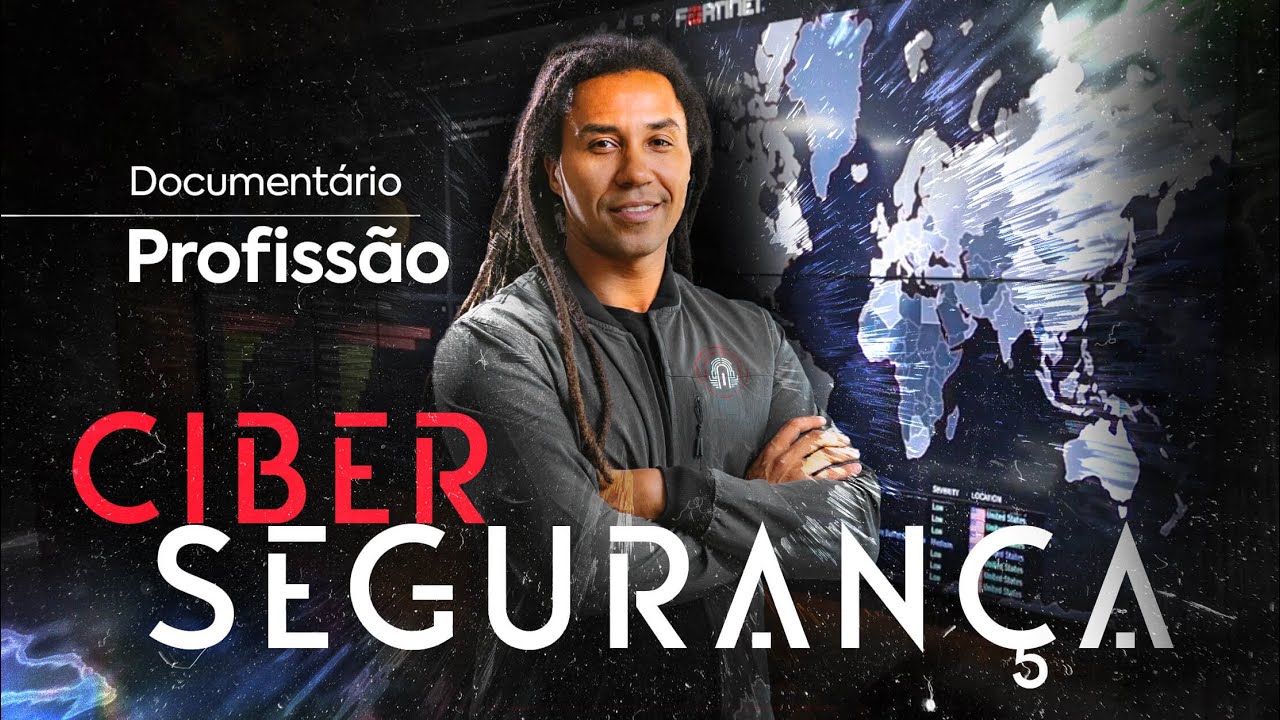CEH v13 Certification | What’s New in CEH v13 AI? | CEH v13 Exam Details | Edureka
Summary
TLDRThe Certified Ethical Hacker (CEH) certification is vital for professionals pursuing a career in cybersecurity, addressing the growing demand for skilled experts amid rising cyber threats. CEH v13 offers a structured course emphasizing hands-on practice with real hacking tools, updated content, and AI-powered learning to enhance efficiency. Participants learn to identify and fix vulnerabilities, master security tools, and integrate AI into ethical hacking. With a dual exam structure for both knowledge and practical skills, the certification provides a pathway for career advancement and higher earning potential in the dynamic field of cybersecurity.
Takeaways
- 🔒 The Certified Ethical Hacker (CEH) certification is vital for building a successful career in cybersecurity, offering practical experience and increasing earning potential.
- 🌍 CEH is globally recognized as the leading ethical hacking certification, allowing professionals to work anywhere in the world.
- 💼 There is a significant demand for ethical hackers in sectors such as banking, IT, and e-commerce, driven by the rise of cyber incidents and online businesses.
- 📈 Reports indicate a 30% annual increase in demand for cybersecurity experts, with the U.S. facing a shortage of around 500,000 professionals by 2025.
- 💰 The average salary for entry-level ethical hackers in India is approximately ₹550,000, while experienced hackers can earn up to ₹1,400,000. In the U.S., salaries average $115,000, reaching up to $215,000 for top earners.
- 🚀 CEH certification enhances career growth, with 95% of certified professionals reporting improved career opportunities and promotions.
- 🤖 CEH v13 introduces AI-powered learning, allowing participants to use advanced technologies to enhance their cybersecurity skills.
- 🧪 The certification includes hands-on labs, giving learners practical experience with real hacking tools to handle real-world cybersecurity challenges.
- 📚 CEH v13 features updated content that reflects the latest hacking techniques and defenses to stay ahead of cybercriminals.
- 🏆 The certification framework allows participants to compete in global hacking competitions, gaining recognition and demonstrating their skills.
Q & A
What is the primary purpose of the Certified Ethical Hacker (CEH) certification?
-The primary purpose of the CEH certification is to equip cybersecurity professionals with the skills necessary to think and act like hackers, but with legal and ethical intentions. This includes identifying and addressing vulnerabilities in systems before malicious hackers can exploit them.
Why is there an increasing demand for ethical hackers?
-There is an increasing demand for ethical hackers due to the rapid digitization of services, the rise of online businesses, and a corresponding increase in cyberattacks. Industries such as banking, IT, telecom, and e-commerce are heavily investing in cybersecurity, leading to a 30% year-over-year increase in demand for cybersecurity experts.
What are some of the key career benefits of obtaining the CEH certification?
-Key career benefits of obtaining the CEH certification include enhanced career opportunities, a high rate of promotions (one in every two professionals receive promotions after certification), and significant salary increases. In India, entry-level ethical hackers can earn around ₹550,000 per year, while in the US, the average salary is around $115,000.
What new features are introduced in CEH version 13 (CEH v13)?
-CEH v13 introduces several new features, including AI-powered learning to enhance efficiency, hands-on practice with real hacking tools, updated content reflecting the latest hacking techniques, and opportunities to engage in global hacking competitions.
How does CEH v13 utilize AI technologies?
-CEH v13 utilizes AI technologies to improve the speed and effectiveness of learning, enabling students to respond to new threats more quickly and protect systems more efficiently.
What is the structure of the CEH certification course?
-The CEH certification course consists of 20 modules covering various topics such as footprinting, reconnaissance, scanning networks, system hacking, and cryptography. It includes over 220 hands-on labs to provide practical experience.
What are the exam details for CEH v13?
-The CEH v13 certification consists of two parts: a knowledge-based exam with 125 multiple-choice questions (4 hours, passing score: 60-85%) and an optional practical exam with 20 real-life hacking challenges (6 hours, passing score: 60-85%).
What are the eligibility criteria for taking the CEH exam?
-Candidates must have two years of work experience in the information security domain or have completed official EC-Council training. Candidates can also apply to take the exam without training by submitting an eligibility application.
What distinguishes CEH v13 from its predecessor, CEH v12?
-CEH v13 has a more concise content structure with fewer slides (1,266 in v13 compared to 1,676 in v12), an increased number of labs (221 in v13), and a broader range of attack techniques covered (550 in v13 compared to 519 in v12). It also introduces advanced topics such as AI-driven ethical hacking and quantum computing risks.
Who is the target audience for the CEH certification?
-The CEH certification targets a range of professionals in the cybersecurity field, including individual cybersecurity professionals, teams and organizations looking to enhance their knowledge, and educators aiming to develop cybersecurity programs.
Outlines

此内容仅限付费用户访问。 请升级后访问。
立即升级Mindmap

此内容仅限付费用户访问。 请升级后访问。
立即升级Keywords

此内容仅限付费用户访问。 请升级后访问。
立即升级Highlights

此内容仅限付费用户访问。 请升级后访问。
立即升级Transcripts

此内容仅限付费用户访问。 请升级后访问。
立即升级浏览更多相关视频

How To Learn Cybersecurity? | Cybersecurity For Beginners | Cybersecurity| 2024 | Simplilearn

CONHEÇA A PROFISSÃO CIBERSEGURANÇA | DOCUMENTÁRIO

What Is Ethical Hacking? | Ethical Hacking In 8 Minutes | Ethical Hacking Explanation | Simplilearn

Discover Why GRC is the Future of Cybersecurity | GRC Job Growth & Why You Should Work in GRC

What is a HoneyPot? : Simply Explained!

Careers in Cybersecurity
5.0 / 5 (0 votes)
